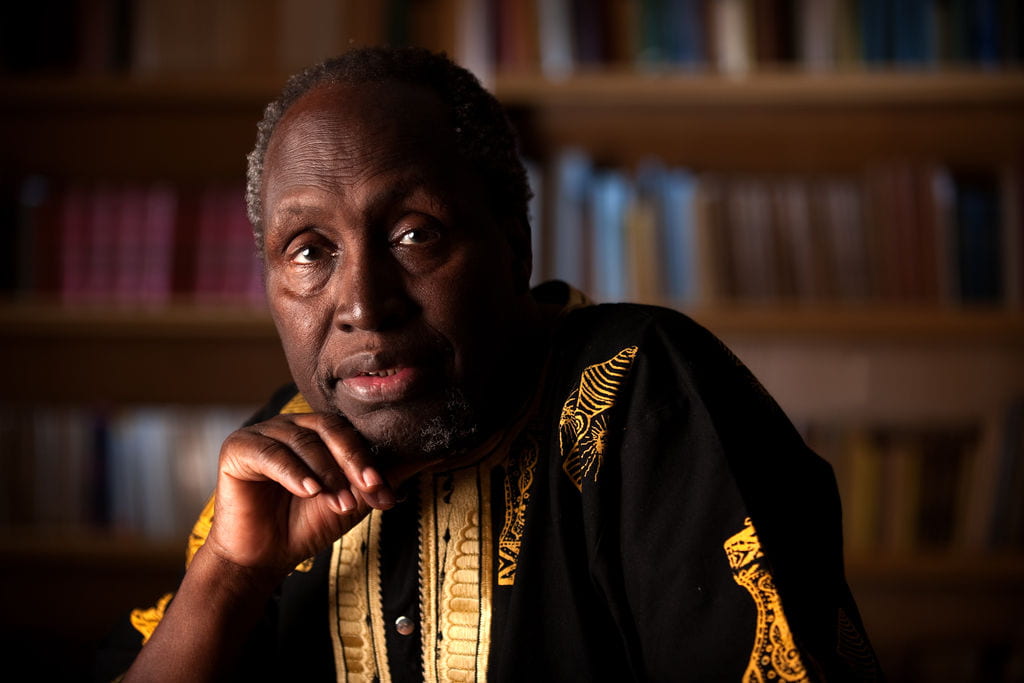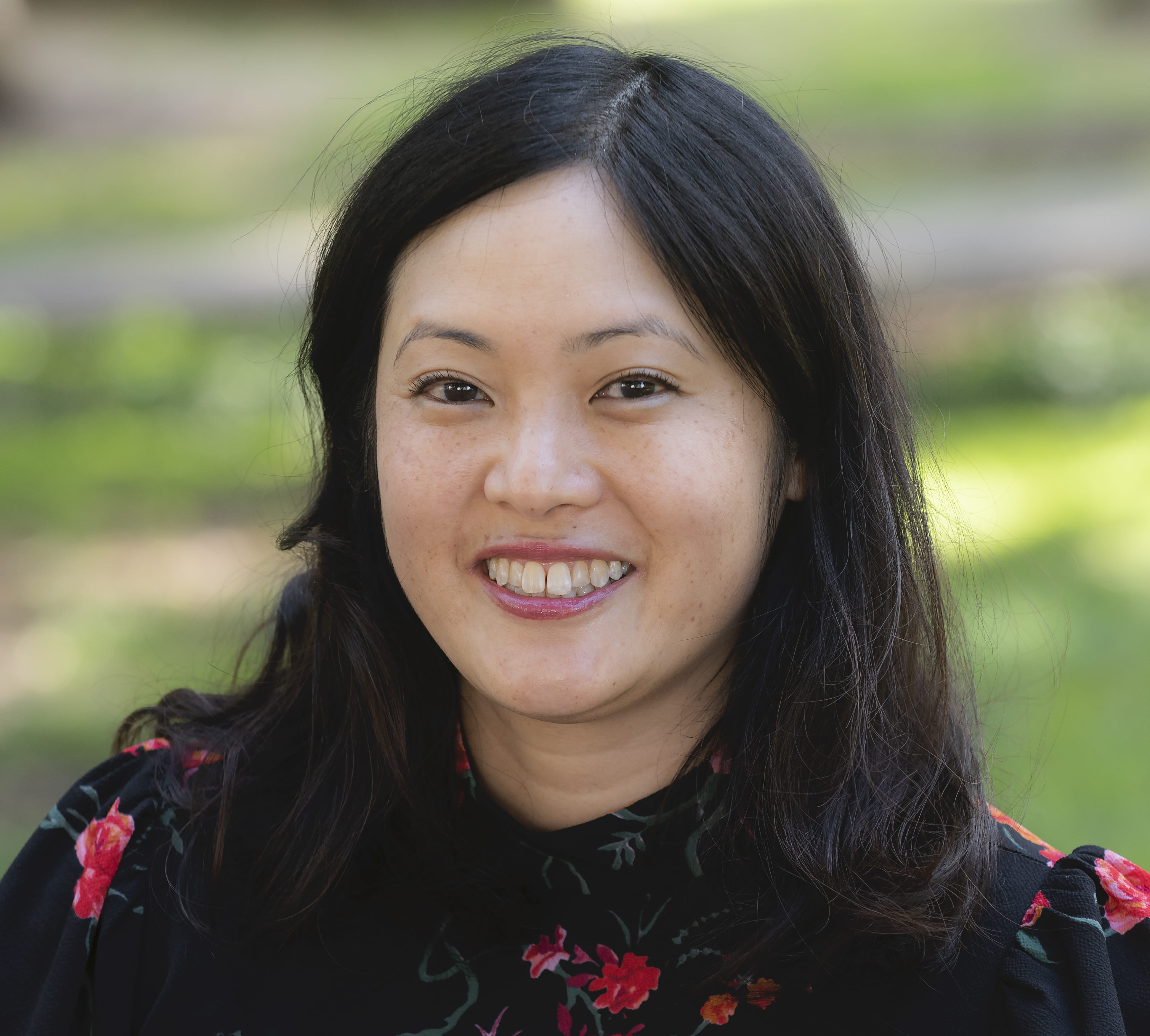Recreational reading
UCI faculty and staff share their summer book selections

Lounging at the beach or by the pool with a good book is a treasured summertime ritual. We asked a literary-minded group of Anteater faculty and staff what new releases and favorite classics they’ll tuck into totes this season – or download to Kindle. Here are some picks:
One Last Strike
by Tony La Russa (2012)
Recommended by Erwin Chemerinsky, founding dean of the UC Irvine School of Law: “A must-read for baseball fans, as one of the game’s greatest managers shares his perspective on managing and the game.”
The Ophelia Cut
by John Lescroart (2013)
Recommended by Erwin Chemerinsky, founding dean of the UC Irvine School of Law: “A mystery/courtroom drama filled with compelling characters and … dramatic twists.”
My Beloved World
by Sonia Sotomayor (2013)
Recommended by Erwin Chemerinsky, founding dean of the UC Irvine School of Law: “A beautifully written, moving story … by the first Latina Supreme Court justice. She is remarkably candid in telling the story of her childhood and education and the early years of her career.”
In the Garden of Beasts
by Erik Larson (2011)
Recommended by Barry Siegel, professor of English and director of literary journalism: “Larson once again demonstrates that he is a master of historical nonfiction. Here he transports us to Berlin in 1933, when William E. Dodd becomes America’s first ambassador to Hitler’s Germany at a pivotal point in history. It’s a true story, but – as always with Larson – it reads like a compelling suspense novel, full of colorful and fascinating characters. This is a mesmerizing book.”
Seabiscuit: An American Legend
by Laura Hillenbrand (2001)
Recommended by Barry Siegel, professor of English and director of literary journalism: “Hillenbrand, another master of historical nonfiction, is a wonderfully elegant storyteller with a dramatist’s feel for pacing and a novelist’s fine eye for detail. You don’t have to care a thing for horse racing to be entranced by this narrative, which uses the remarkable story of a champion racehorse as a window onto America during the depths of the Great Depression. This is a book that resonates long after you put it down.”
Wanderlust: A Love Affair with Five Continents
by Elisabeth Eaves (2011)
Recommended by the Study Abroad Center staff: “Spanning 15 years of travel, beginning when she’s a sophomore in college, Wanderlust documents Elisabeth Eaves’ insatiable hunger for the rush of the unfamiliar and the experience of encountering new people and cultures.”
Under the Tuscan Sun
by Frances Mayes (1997)
Recommended by the Study Abroad Center staff: “Applies a poet’s sensibility, a traveler’s eye and a cook’s palate to the pleasures of the Tuscan countryside, where the author began restoring an abandoned villa.” Bonus recommendations: A Year in Provence, by Peter Mayle (1989), and A Moveable Feast, by Ernest Hemingway (1964), should “inspire the desire to explore our world.”
As I Lay Dying
by William Faulkner (1930)
Recommended by Richard Godden, professor of English, School of Humanities: “Flood, fire, a dead mother who is a ‘horse,’ a ‘fish’ and who cannot die (let alone be put into the ground) … because the beach should sometimes be difficult.”
The City & the City
by China Mieville (2009)
Recommended by Richard Godden, professor of English, School of Humanities: “Science fiction and police procedural set in an unnamed Eastern European city whose citizens have learned not to see what they see and not to think what they think.”
Tender Is the Night
by F. Scott Fitzgerald (1934)
Recommended by Richard Godden, professor of English, School of Humanities: “Better, even, than The Great Gatsby.”
A Perfect Spy
by John le Carre (1986)
Recommended by Catherine Palmer, head of education & outreach, UCI Libraries: “The story of Magnus Pym, a perfect spy, is based partially on Le Carre’s own father. The autobiographical and fictional details weave together to create a tale that combines intrigue, betrayal and exploration of the inner emotional life of a damaged soul in equal measures.”
Stones for Ibarra
by Harriet Doerr (1984)
Recommended by Catherine Palmer, head of education & outreach, UCI Libraries: “The story of two Americans, Richard and Sara Everton, the only foreigners in Ibarra [Mexico], is told with affectionate and patient wisdom. The couple’s lives among people who both respect and misunderstand them and, gradually, the villagers – at first enigmas to the Evertons – come to teach them much about life and the relentless tide of fate. Harriet Doerr’s first novel was published seven years after she got her B.A. from Stanford at the age of 67.”
Mr. Wilson’s Cabinet of Wonder: Pronged Ants, Horned Humans, Mice on Toast & Other Marvels of Jurassic Technology
by Lawrence Weschler (1995)
Recommended by Catherine Palmer, head of education & outreach, UCI Libraries: “This book explores the collections and meaning of Los Angeles’ Museum of Jurassic Technology. If you haven’t planned a trip to this obscure, extremely eccentric and yet oddly compelling little museum on Venice Boulevard by the time you finish reading, I’ll be surprised.”
Happy Money: The Science of Smarter Spending
by Elizabeth Dunn & Michael Norton (2013)
Recommended by Mary Gilly, professor of marketing, The Paul Merage School of Business: “This breezy book draws on an extensive academic literature on how consumption decisions affect happiness. The authors save the citations for the end of the book, making it easy for the casual reader – and for the reader who wants to dig deeper into the research. Their focus on spending differently rather than earning more is a change from your typical “get rich quick” books. Their principles (buy experiences, make it a treat, buy time, pay now/consume later and invest in others) may change the way you think about purchases. For example, your happiness will be increased if you make that latte a once-a-week treat rather than a daily habit. And buying a bigger house will not increase your happiness, but lessening your commute will, so going farther out to get a bigger house doesn’t make sense. Reading this little book has made me think a bit differently about purchase decisions.”


